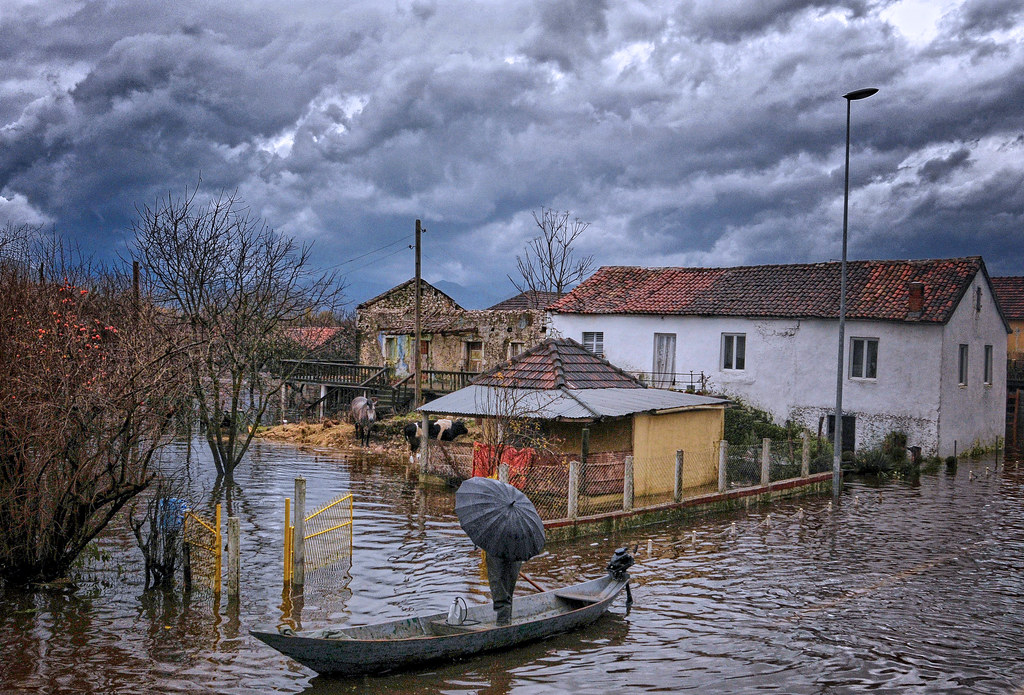
As extreme weather hits with increasing ferocity – including devastating droughts, floods, and heatwaves -- the fingerprint of climate change is evident in every corner of the globe. There can be no doubt that the health of people and planet hinges on decisive political action now. That is the stark message underpinning the latest report by the Intergovernmental Panel on Climate Change (IPCC), the United Nations (UN) body for assessing the science related to climate change, which has provided the most comprehensive assessment of climate change in the past nine years.
Yet the Climate Change 2023: Synthesis Report is not all gloom. It outlines how feasible, effective, and low-cost options for climate mitigation and adaptation are already at the disposal of countries across the world. For instance, that includes widespread electrification from clean energy sources, energy and materials efficiency, and the restoration of forests and other ecosystems. It also calls for an increased emphasis on reducing fluorinated gases -- human-made gases used in a range of industrial applications -- to drive down greenhouse gas (GHG) emissions that contribute to climate change.
The science is clear that we can keep 1.5C alive with sound, evidence-based policy-making. I echo the call of the UN Secretary-General for the Acceleration Agenda and for immediate, strong, and sustained reductions in GHG emissions to reach global net zero by 2050. Indeed, the adverse impacts of climate change will increase with every fraction of a degree.
Crucially, high-income countries must extend the promised means including finance, debt relief, and partnerships to developing countries to address climate change and development as co-investments, based on the recognition that only collective action by our global community will be sufficient. That includes developed countries finally delivering on the long overdue promise of extending at least $100 billion per year in climate finance to developing countries.
Climate change is deeply unjust. Over three billion people -- including some of the world’s poorest and most vulnerable communities who have historically contributed the least to the current climate crisis -- are disproportionally experiencing its worst effects. It is also holding back their efforts to achieve the Sustainable Development Goals. Yet developing countries are demonstrating that decisive climate action is possible. Through the United Nations Development Programme’s (UNDP) partnerships with countries and communities across the world, we are witnessing visionary leadership. For instance, Bhutan, Viet Nam, and India are leading on the adoption of electric vehicles. Kenya and Uruguay are now running on 90% renewable energy sources. And Small Island Developing States and Least Developed Countries are notably taking far-reaching climate action despite a constrained fiscal space and a debt crisis.
There are signs that the journey to net-zero is picking up pace as the world looks to the 2023 UN Climate Change Conference or COP28 in the United Arab Emirates. That includes the Inflation Reduction Act in the U.S., described “the most significant legislation in history to tackle the climate crisis” and the European Union’s latest Green Deal Industrial Plan, a strategy to make the bloc the home of clean technology and green jobs.
Now is the time for an era of co-investment in bold solutions. As the narrow window of opportunity to stop climate change rapidly closes, the choices that governments, the private sector, and communities now make -- or do not make – will go down in history.
Achim Steiner, Administrator, United Nations Development Programme (UNDP)

 Locations
Locations